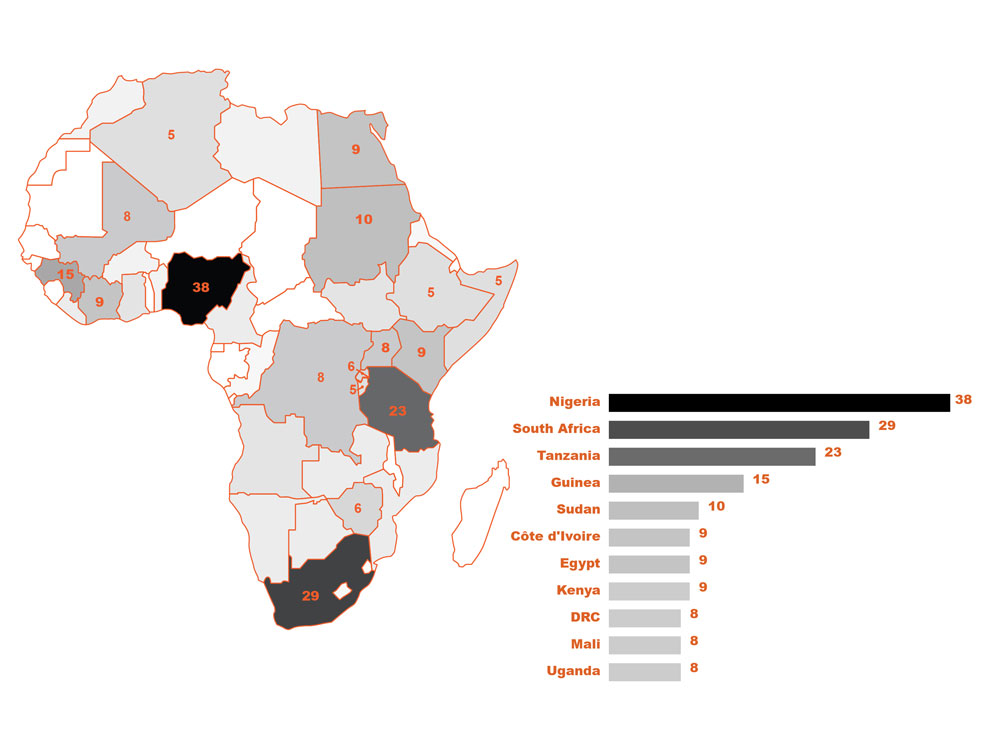By Dr Sandra Roberts
Who do you call when you need research on narratives in Africa? Africa No Filter (ANF), a donor collaborative that supports the development of nuanced and contemporary stories that shift stereotypical and harmful narratives within and about Africa, contracted fraycollege and frayintermedia to provide such research.
The world’s view of Africa is informed by what Africa believes about itself. So, it is important to understand what African media are saying about other African countries. Particularly the media that are read by decision makers.
And this was what this research did.
The research consisted of a media coverage analysis of 60 publications in 15 countries in all regions of the continent, a survey of 39 editors from the publications reviewed as well as focus group discussions with journalists, correspondents and editors.
To do this fraycollege worked with researchers speaking English, French and Arabic as well as with Kenya-based researchers to assist in data collection and analysis. to analyse the data and write up the findings.
According to fraycollege research head Dr Sandra Roberts: “We were so privileged to be part of the ANF initiative and the project yielded some surprising results.”
In the media analysis, assessed for their coverage of Africa, and significant differences within and between countries were observed. In some countries, news of other African states was entirely absent, publications from other countries feature many in-depth.
The survey found that 63% of outlets surveyed don’t have correspondents in other countries in Africa and so rely on non-African agencies.
Politics, elections, and conflicts accounted for 40% of the stories surveyed. More positive stories, such as human interest, human rights, arts & culture received far more modest coverage. Additionally, for most countries covered one topic (sometimes one event) dominated coverage. There is a failure to showcase the diversity of the continent.
In the vast majority of stories lacked context – the why and the how – not enough context to understand the story and not enough to understand the roots of the events or circumstances. Voices of ordinary citizens were rare. Few stories that offered a counter narrative about African countries: only 7% of the stories were human interest, 4% arts culture, history, and entertainment.
Editors indicated that lack of resources resulted in their media having to depend on agencies, who typically write with a Western audience in mind. The majority of surveyed editors recognised that stereotypes appeared sometimes or often in stories about other African states.
More collaboration between African media including a pool of stories that includes stories from seldom-covered countries were some of the solutions suggested in the focus groups.
We look forward to publishing an academic article on the study together with ANF to bring the research to a wider audience.
